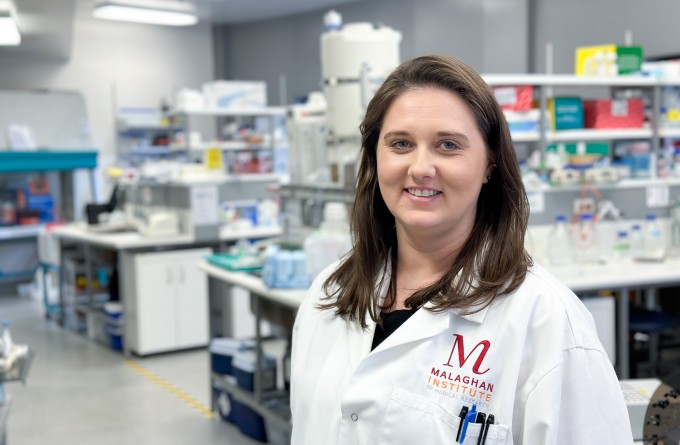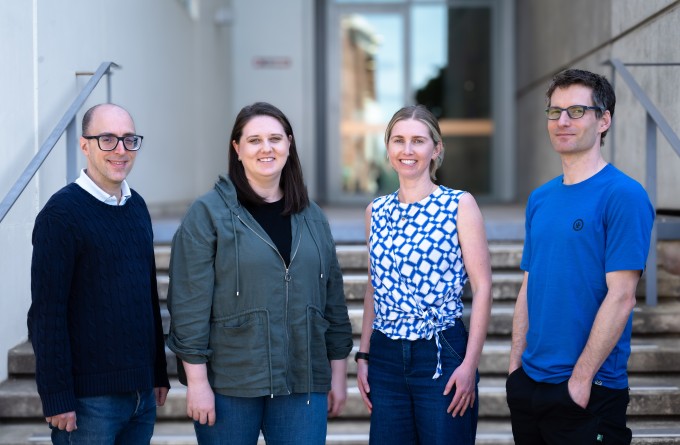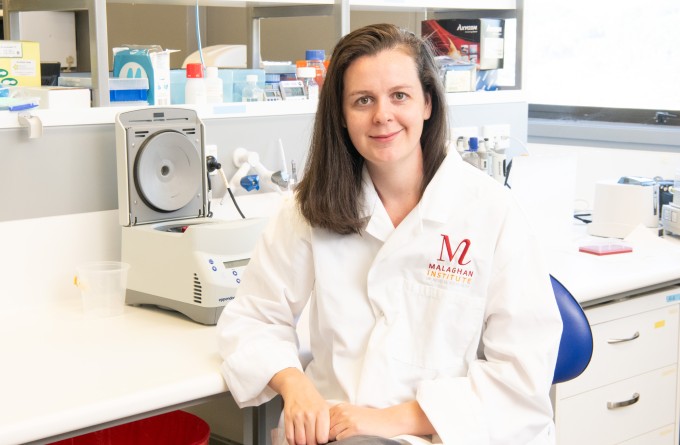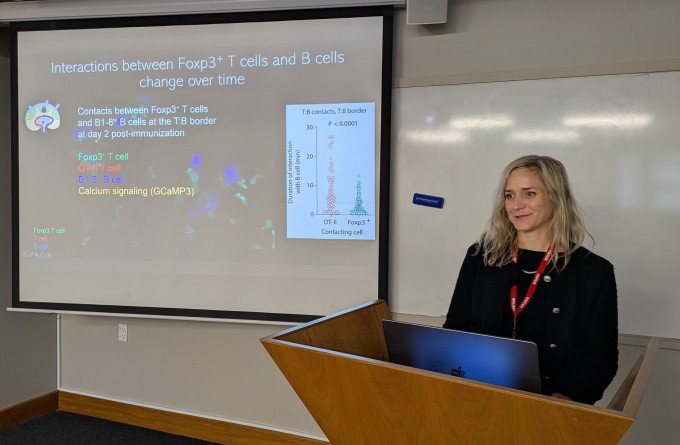2 April 2025
Dr Ian Myles, a leading allergy researcher from the US National Institutes of Health, visited the Malaghan Institute to share his latest insights into what drives the development of allergies in children. He also spoke with Susie Ferguson on RNZ, shedding light on how everyday pollutants might be fuelling the rise in allergies around the world.

Allergies are becoming more common, but why? Dr Myles’ research suggests that modern living, particularly our exposure to pollutants and chemicals in everyday products, could be altering the natural balance of microbes on our skin, making us more vulnerable to allergic diseases like eczema. His work explores how the skin microbiome acts as a defence system and how cultivating the right microbial diversity early in life could help prevent allergies before they start. In this fascinating conversation with RNZ, he unpacks the science behind these discoveries and what they could mean for future treatments.
Listen to Dr Myles’ full RNZ interview at https://www.rnz.co.nz/life/wellbeing/could-banning-two-industrial-chemicals-put-an-end-to-eczema
Related articles

Dr Kerry Hilligan awarded Sir Charles Hercus Health Research Fellowship
2 December 2025

Marsden funding to drive discovery and innovation in cancer, allergy and infectious disease research
5 November 2025

Malaghan alumni series: Professor Paige Lacy
14 October 2025

The Detail: The viral drift of misinformation
29 September 2025

Cancer, measles and allergic disease research funded in latest HRC grants round
19 August 2025

Malaghan visiting researcher: Dr Johanne Jacobsen
22 July 2025
